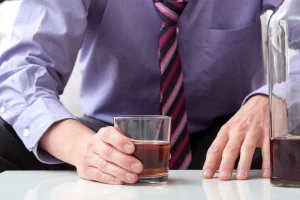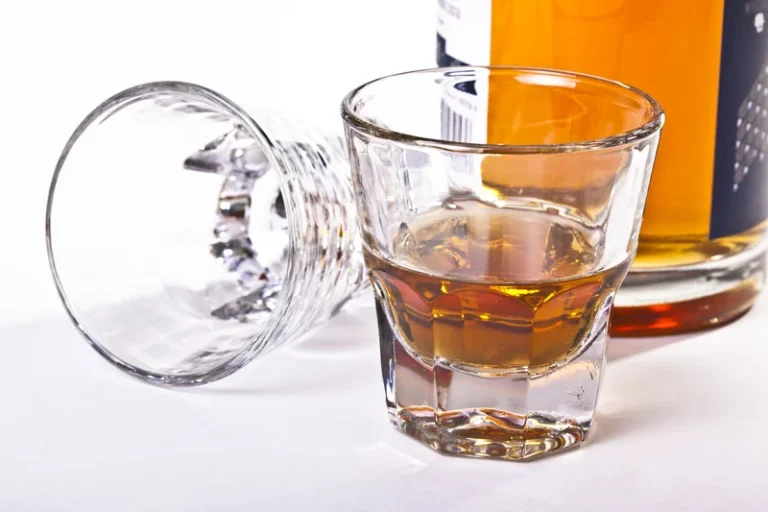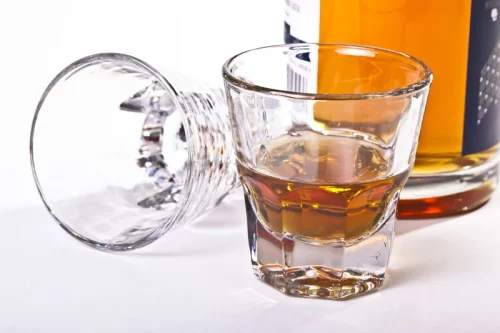
Belinda Gordon-Battle is a licensed clinical therapist and life consultant based in Miami while providing therapeutic services across the globe. BGB, as her clients and colleagues call her, is an advocate of “removing the stigma” and normalizing the therapeutic process. She incorporates cultural relevance and non-traditional interventions and strategies to strengthen her clients’ steps towards goals of behavioral, emotional, social and mental wellness. This includes people who are pregnant or intending to become pregnant who might have questions about alcohol or substance use.
Consider Medications to Help You Quit Drinking

Maybe you’ve never been interested in logging your innermost thoughts, but journaling can be a great tool to track your feelings as you work on quitting alcohol. It’s common to have a difficult time when making big changes, but good self-care practices can help you manage overwhelming feelings and take care of your mind and body. If you have difficulty stopping drinking, talk to a midwife, doctor or pharmacist. Women who find out they’re pregnant after already having drunk in early pregnancy should avoid further drinking for the rest of their pregnancy. Alcohol use during pregnancy might affect one baby more than another.
Steps on How to Stop Drinking Alcohol

The sudden lack of alcohol in your system can send your body into withdrawal, resulting in various symptoms. A doctor can assess whether your body can safely manage the withdrawal process or if you’ll need medical monitoring and assistance. Although you can use methods to taper off alcohol at home, the best way to taper is to talk to a doctor. They can monitor your intake and adjust it accordingly to reduce the risk of withdrawal symptoms. The time it takes to taper off alcohol varies based on how much a person drinks.

Top doctors in ,
Slowly tapering your alcohol use can help you manage mild withdrawal symptoms and decrease the risk of AUD. However, you may experience withdrawal symptoms or relapse if you’re not tapering correctly and safely. Although everyone’s experience will be unique, below is a general timeline of what happens to you when you quit drinking alcohol. Please note that the experiences listed are what may occur among typical moderate and heavy drinkers. One of the significant reasons to quit drinking is that doing so can help reduce depression and anxiety symptoms while enhancing self-esteem.
- Avoidance can be temporary, and people can return to social activities when they can better manage their urges.
- Your peers can offer understanding and advice and help keep you accountable.
- To learn more about alcohol treatment options and search for quality care near you, please visit the NIAAA Alcohol Treatment Navigator.
- Medical experts now use the term “alcohol use disorder” rather than “alcohol abuse” to address the concern of excessive drinking.
- You may experience alcohol withdrawal symptoms when you quit drinking alcohol.
- But once you’re asleep, numerous studies have found that alcohol disturbs the sleep cycle, causing more awakenings in the latter part of the night and reducing the critical REM phases of sleep.
- It’s often easier to turn down a drink when you don’t have to do it alone.
Milder cases — when people abuse alcohol but aren’t dependent on it — are as well. Some researchers have also found that alcohol stimulates appetite, causing you to eat more when you drink. Along with the symptoms above, you may also experience nightmares, emotional mood swings, sleep disturbances, excessive sweating, and trouble thinking clearly. The proven strategies on this page are recommended to reduce excessive alcohol use and alcohol-related harms. A person may require intravenous (IV) rehydration fluids to correct any electrolyte imbalances. Some people may also need supplements such as folate, multivitamin, thiamine, and dextrose.
Have a Plan
- The proven strategies on this page are recommended to reduce excessive alcohol use and alcohol-related harms.
- Structured self-affirmation exercises that take up less time, such as answering a series of yes or no questions, can also be effective in helping people reduce or stop drinking alcohol.
- Within just a month of not drinking, your body can begin to reap the benefits.
- And consider joining a support group such as Alcoholics Anonymous.
- Potential solutions might include looking for low-cost treatment options, joining a support group, and talking to a mental health professional.
- The truth is no two people’s reasons to quit drinking—or their journeys to quitting—are going to be the same.
- Clinicians can use SBI to identify adults who drink excessively and offer behavioral counseling to those who need it.
Use the Drink Free Days app to set yourself a weekly unit target and stick to it. But if one week you do go over your limit, don’t stop trying – next week is a fresh start. Relapses happen during rehabilitation, but what’s important is how you move forward from it. You may want to talk with a loved one or therapist about why it happened and what you can do differently next time.
Very often the people in your life — friends, family, co-workers — are affected by your drinking in ways you might not even realize. They may be worried or afraid for your health and safety, or they may fear your drinking puts their safety at risk. The severity of your withdrawal symptoms and how quickly they progress determine whether you have mild, moderate, or severe withdrawal syndrome. Without proper treatment, your symptoms may advance to the point that the effects are irreversible.
Unsupervised Medical Care
A person can use various strategies to help them stop drinking alcohol. It is helpful for individuals to understand their motivations and goals behind it. Having a going back to drinking after being sober personalized plan can also increase the success rate of stopping drinking. Framing sobriety as a temporary challenge versus a permanent lifestyle change can make it easier to stay sober for the long haul. If you’re living with alcohol use disorder, treatment at a medical rehabilitation facility is your best option. Through therapy, support groups and medication, you’ll be supported on your path to recovery.
